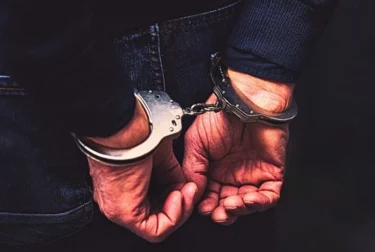In Minnesota, certain criminal convictions may result in a person’s loss of firearm privileges even if the offense is not a felony.
Table of Contents
Minnesota Firearms Rights
Most criminal convictions result in collateral consequences. Typically, a DWI conviction results in a revoked driver’s license. A drug conviction may result in forfeited money and/or property. A sexual assault conviction may require registration as a sex offender. In Minnesota, a criminal conviction may also result in the loss of firearm privileges. Federal and state laws determine certain criminal activities that result in the loss of rights to own firearms. Minnesota law prohibits firearm possession by an individual who is:
- Convicted of a violent crime
- Convicted of a crime punishable by a prison term of one year or more
- Convicted of a gross misdemeanor offense of burglary in the fourth degree
- Convicted of a gross misdemeanor offense of endangerment of a child
- Convicted of a gross misdemeanor offense of stalking or rioting
- A fugitive from justice
Minnesota firearm laws and federal firearm laws are very similar, with one exception. Federal laws prohibit firearm possession by a person who has been convicted of domestic assault, even if the assault is only a misdemeanor offense.
Restoring Firearm Rights
In Minnesota, restoring firearm rights involves both state and federal statutes, so the process often requires people to seek assistance from Minneapolis criminal lawyers who understand the statutes. Under Minnesota laws, firearm rights may be restored automatically to a felon if the felony offense conviction was for a non-violent crime. However, the process is actually far from “automatic.”
The restoration of firearm rights begins with a petition to the court, typically filed by a Minneapolis criminal lawyer. The court may grant the petition to restore gun rights if the petitioner shows good cause and has been released from prison. The court considers “good cause” as: needing a firearm for employment purposes; needing a firearm for hunting, or showing no risk of danger from owning a firearm. If the court denies the petition, the person must wait three years from the date of the first filing to file another petition to restore gun rights unless the court grants special permission.
In Minnesota, the process to restore firearm rights usually takes from seven to eight months, depending on the petitioner’s circumstances, the court’s agenda and workload, and state or federal objections. If a petition is not denied, the court will set a hearing date.





